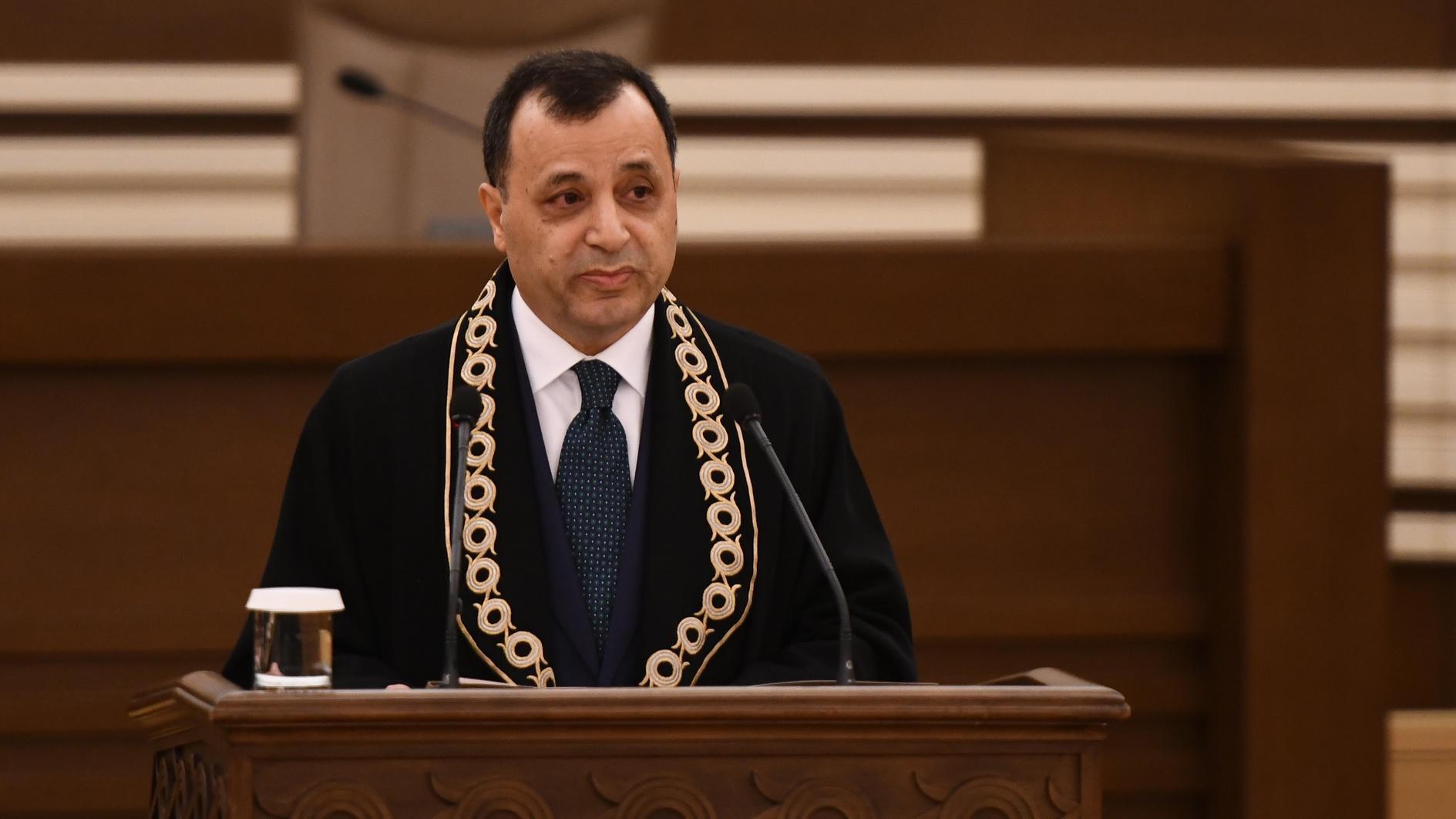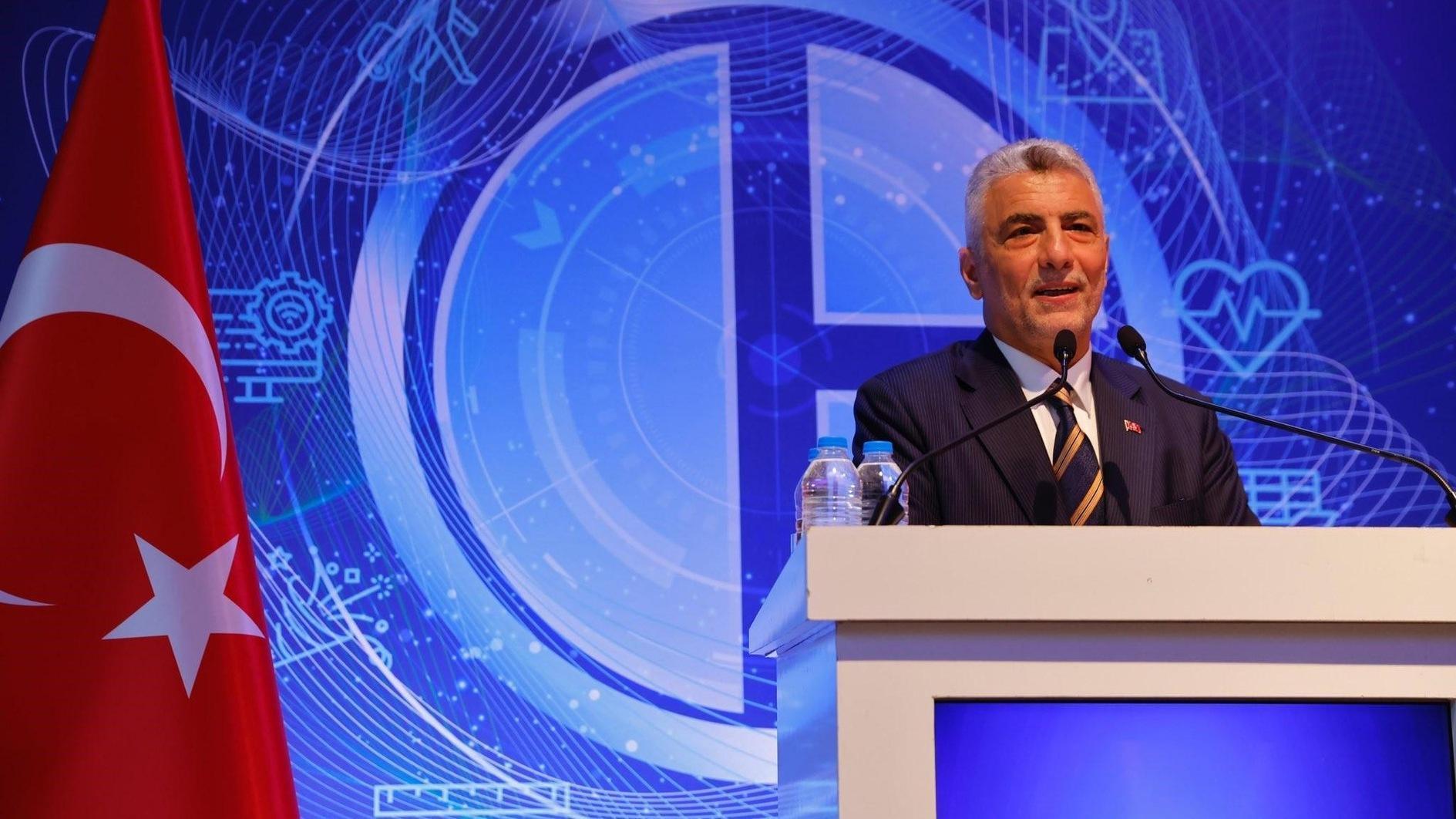Turkey can feel vindicated about al-Maliki; the former foe but now the new ally
“It is always very difficult to do business in Iraq. But we sensed something more extraordinary happening in the field a week prior to the advance of Islamic State of Iraq and Levant (ISIL) to Mosul,” a friend who is doing business in Iraq told me. “Everyone was saying ‘a crisis is coming,’” said a Turkish official who has knowledge of the developments.
“Don’t get stuck in Syria, focus on Iraq; this is where much more dangerous developments are expected to take place,” a high level Turkish diplomat told a group of journalists before the recent elections in Iraq.
So, we do not have to spend our energy asking why the Turkish government was caught by surprise by the advance of ISIL to Mosul. The Turkish state mechanisms were certainly aware of it. What is clear even from Istanbul to an employee of a company doing business in Iraq must be clear to those in Ankara as well. Probably they were caught by surprise at the hostility of ISIL toward Turkey.
Under normal circumstances that should not make sense, as it was only a few months ago that ISIL had threatened Turkey to pull out its soldiers from the Süleyman Shah tomb, which is in Syria and is the only Turkish territory beyond its borders.
There are two probable answers to why the Turkish consulate was not evacuated in time: Either the inefficiency of the decision makers to take the right decision at the right time or ideological blindness that prevents one from perceiving a threat from a Muslim/Sunni organization.
Whether we agree on the causes of this disaster or not, the fact remains that this is the biggest humiliation suffered by the Turkish state on the diplomatic front outside its borders in its republican history. Even the Mavi Marmara incident, which resulted in the deaths of 10 Turks, does not come close. This is reminiscent of the famous hood case that took place in July 2003 when a group of Turkish military personnel operating in northern Iraq were captured, led away with hoods over their heads, and then interrogated by the United States military.
Now, yet again, the government escapes strong criticism thanks to the imposed blackout.
As to what lies ahead, it is difficult to make a projection. At any rate, one thing is for certain; it has been proven one more time that one-time foes can in a span of time become new allies in the Middle East.
Turkey can feel vindicated about the warnings it conveyed to the U.S. about Iraqi Prime Minister Nouri al–Maliki, who only now seems to be targeted by U.S. analysts as one of the major actors to have contributed to such an outcome in Iraq. Turkey warned from day one about the dangers of al-Maliki’s policies that excluded Sunnis. These warnings went on deaf ears in Washington. Instead, the Obama administration choose the easiest way out and instead of finding an alternative, it preferred to work with the existing actor at hand. When the U.S. objected to the Kurdistan Regional Government’s (KRG) export of energy resources via Turkey, despite Baghdad’s objection, I was told by U.S. officials that Washington wanted to pull out of Iraq and did not want to see a contentious situation that would oblige it to send its forces back.
What an irony. There is now talk about a U.S. military intervention in Iraq. Barack Obama is set to go down in history as one of the most inefficient presidents of all time, at least as far as foreign policy is concerned.











